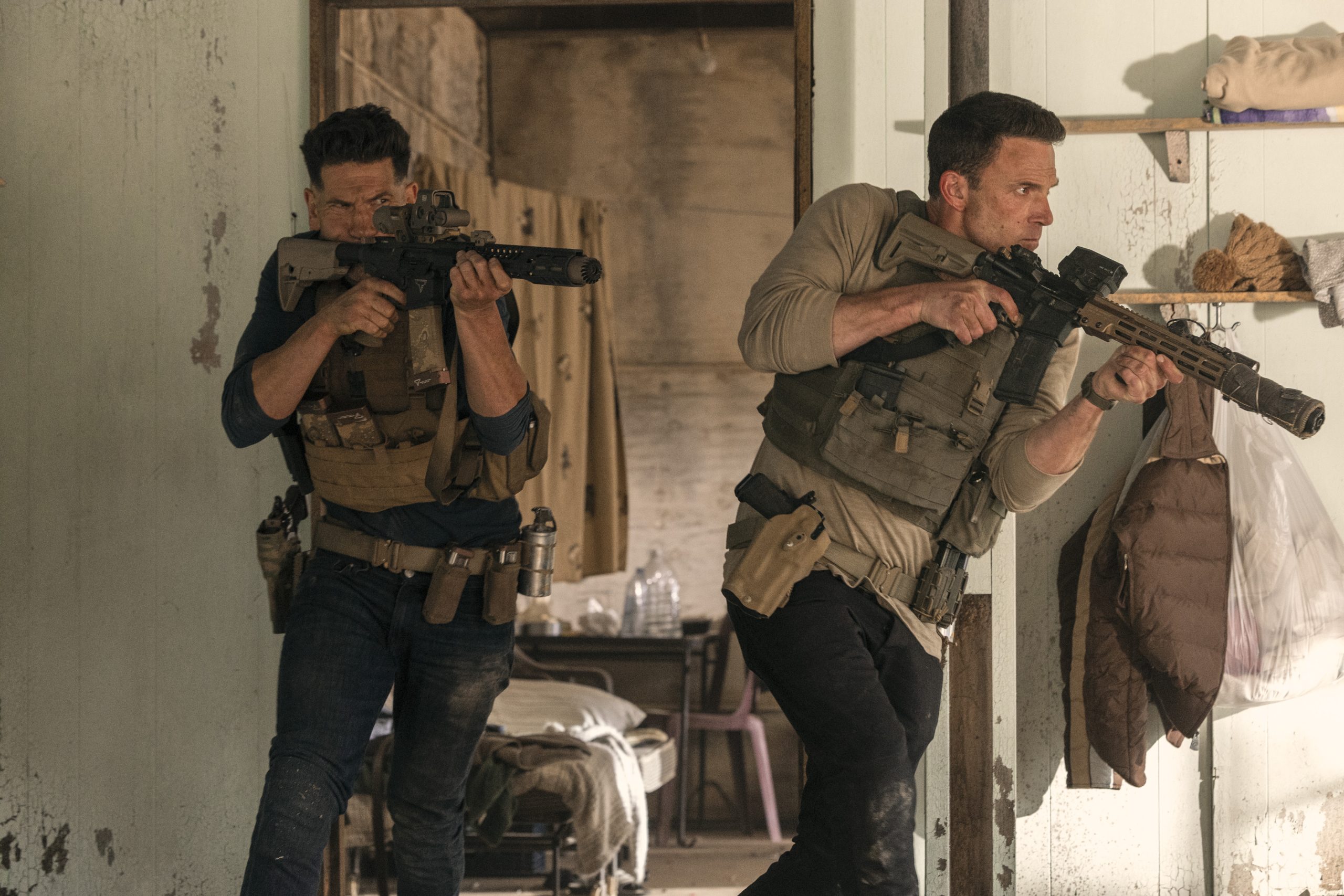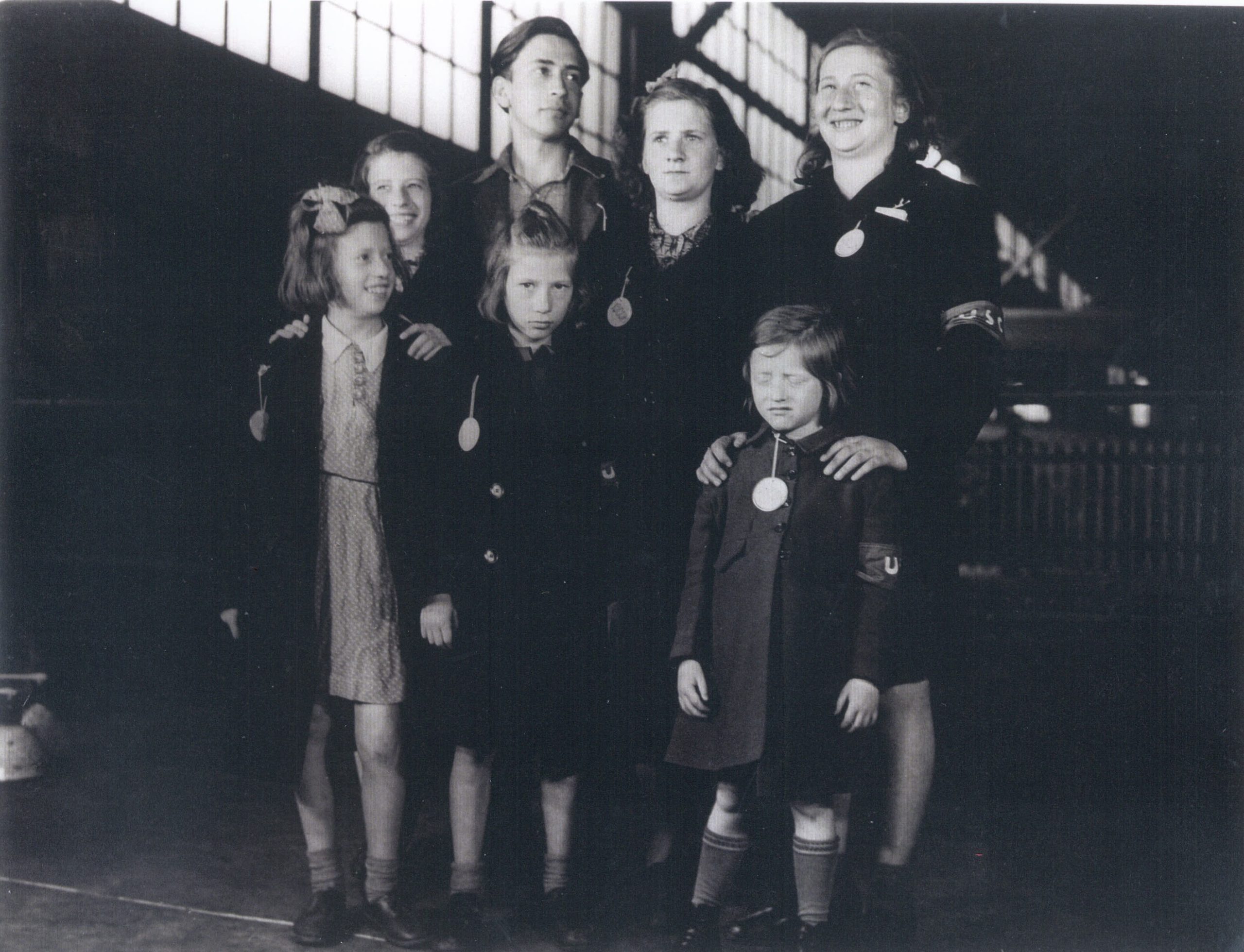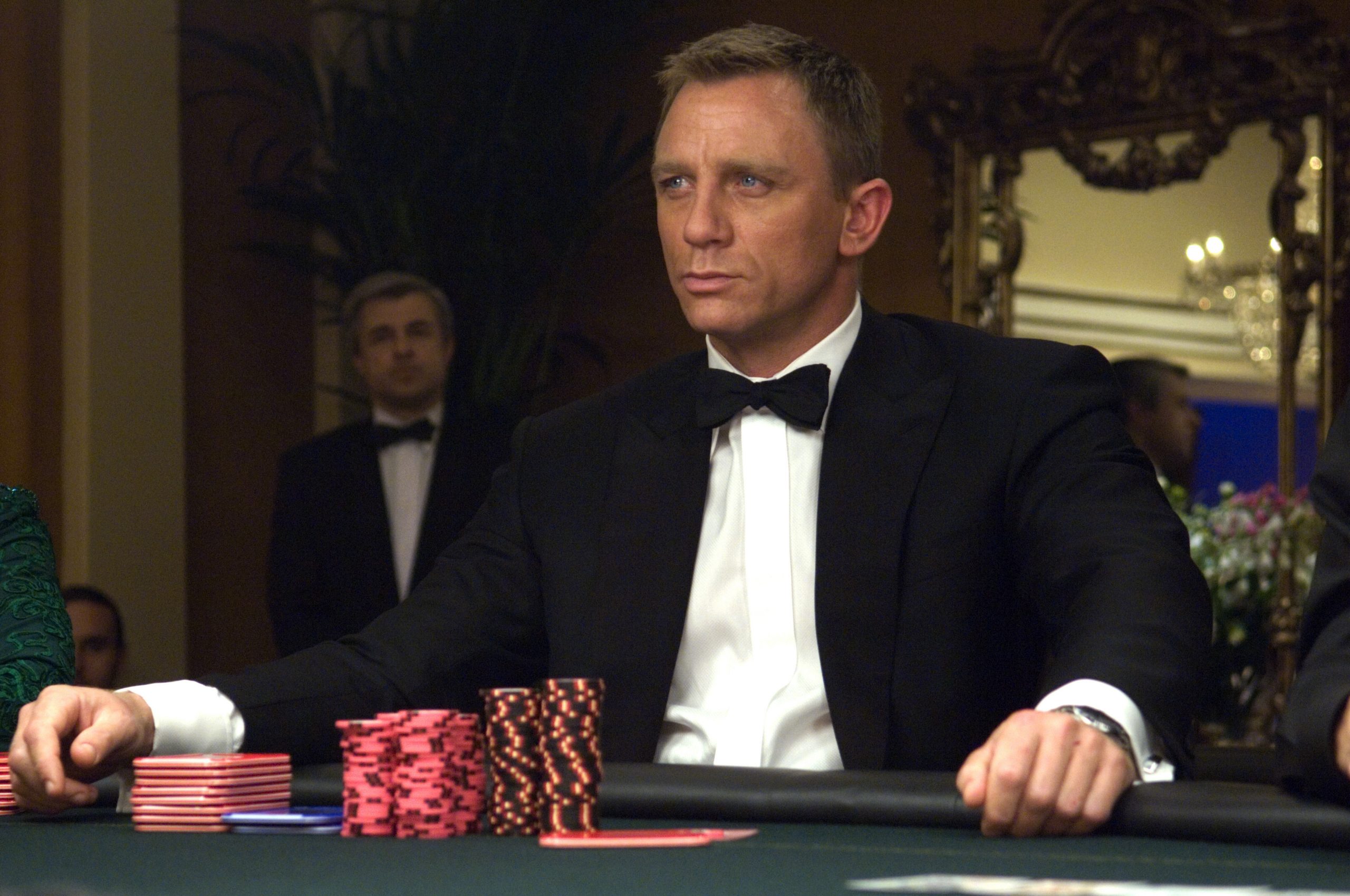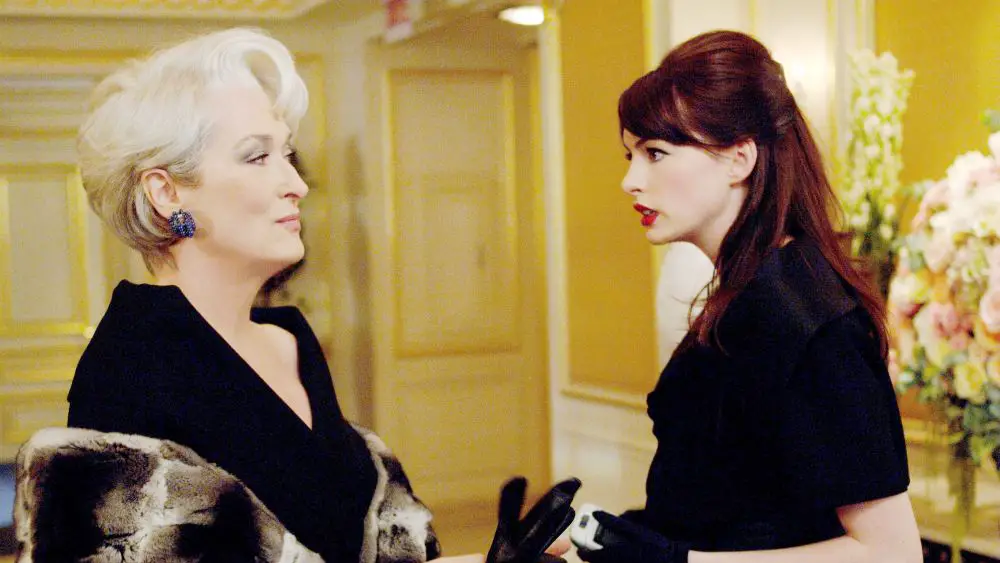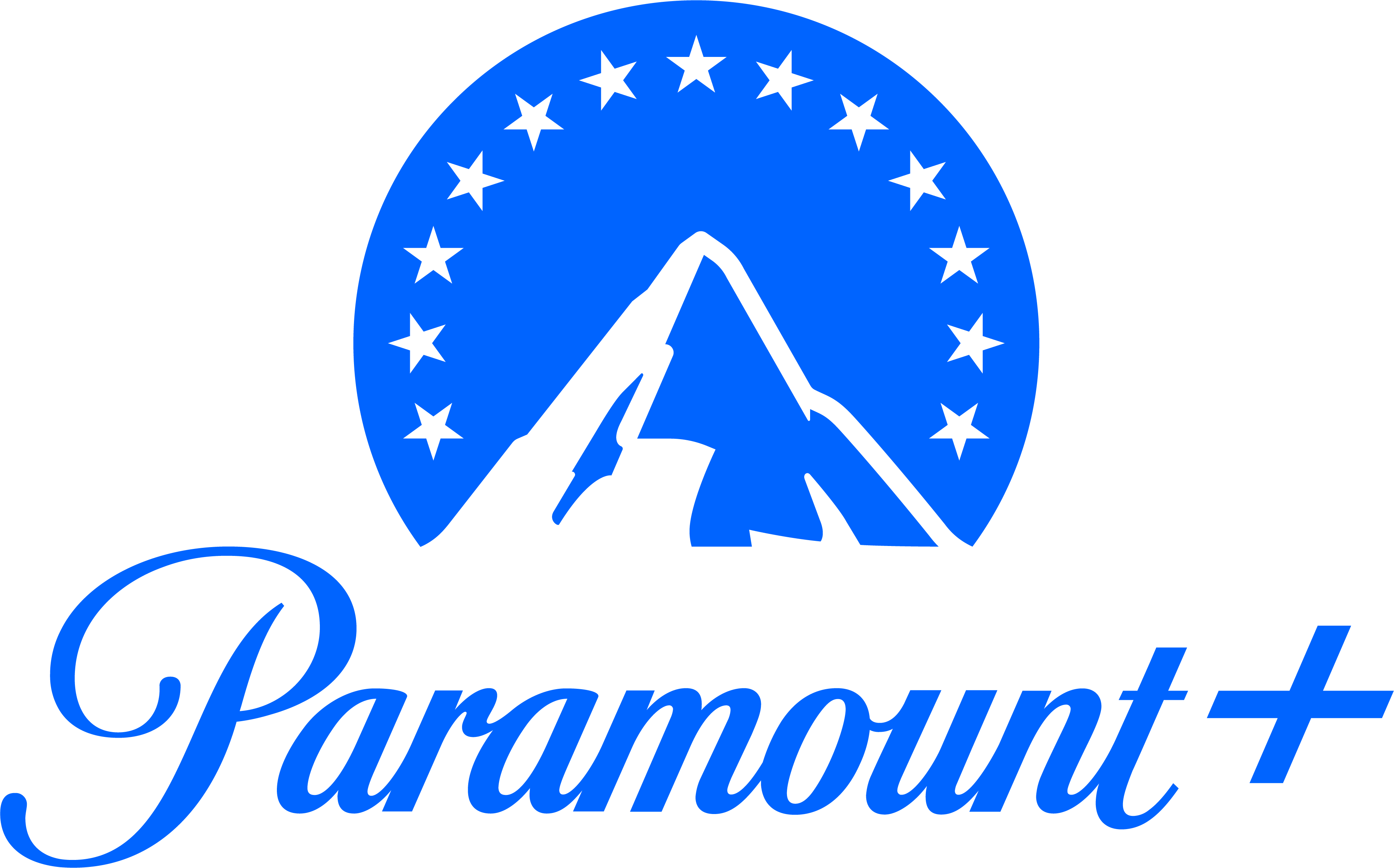
Bambi might be a cute film about a deer and his friends but the source material was intended to serve as a warning for antisemitism.
The film takes place through various portions of Bambi’s life: baby, young, adolescent, and young adult. The film is only 70 minutes long so I’m not going to rehash the plot in-depth. After Bambi’s mother is no longer there to look after them, the Great Prince of the Forest takes over the mantle. There’s a few moments of fear depicted during Bambi’s childhood–especially his mother’s death–but the rest of it comes in the final fifteen minutes or so. We meet a number of forest animals throughout the film. However, the main focus is Bambi and a few friends: Thumper (rabbit), Flower (skunk), and future mate Faline.
In light of the recent Guardian piece, I decided to give the film a rewatch today. Felix Salten’s (born Siegmund Salzmann) 1923 coming-of-age novel was written as an allegorical warning of German and Austian antisemitism. But upon watching the film, you don’t really sense of this. All we know is that some 41 minutes into the film, Bambi’s mother is shot and killed. When you stop a moment to think about it, the hunters are not just regular animal hunters. No, they depict the rise of the Nazis and the looming threat against Jews. As for Salten himself? He fled to Switzerland during the war but didn’t make any cent off the film after Sidney Franklin optioning the rights for $1,000. He died in 1945 and deserved so much better. His book got banned and burned by the Nazis because of its allegory.
“The darker side of Bambi has always been there,” said Jack Zipes, professor emeritus of German and comparative literature at the University of Minnesota and translator of the forthcoming book.
“But what happens to Bambi at the end of the novel has been concealed, to a certain extent, by the Disney corporation taking over the book and making it into a pathetic, almost stupid film about a prince and a bourgeois family.”
Yikes. Something tells me that the upcoming live-action tale will more or less go by the animated classic. Maybe it would be a wise idea for screenwriters Geneva Robertson-Dworet and Lindsey Beer to base their film on the new translation? The way I see it, Bambi is sanitized much in the same way that Disney sanitized the Pocahontas story by taking out the rape, etc. It should be said that the original American translation was also sanitized as a conservation story rather than the horror tale that it actually is. I’m looking forward to getting my hands on the upcoming translation published by the Princeton Press.
Antisemitism aside, a key difference between the film and book is the deer species. The book depicts them as roe deer while the film features mule deer instead. But again, there is so much in the book that we don’t see in the film. Unlike the adult novel (yes, adult!), Disney makes the film more accessible for children. There’s violence in the book but it’s mostly eliminated within the confines of the film. This is a film that doesn’t really show Bambi and friends being under constant attack. It only comes later on in the film but the film still doesn’t depict it on the level of persecution that’s in the book. Disney also gives Bambi a happy ending rather than keeping the book’s ending where he is all alone. Zipes says:
“Bambi does not survive well, at the end. He is alone, totally alone…It is a tragic story about the loneliness and solitude of Jews and other minority groups.”
Released after the start of World War II, Bambi is is the 5th animated film to come from Walt Disney Pictures. Disney wasn’t the big conglomerate it is today so their films were being released through RKO Radio Pictures. The film earned three Oscar nominations for sound, score, and song.
Even though Bambi is sanitized for a younger audience, the film itself is still one of the best animated movies of all time.
EDIT: You can read my review of The Original Bambi.
SUPERVISING DIRECTOR: David Hand
SEQUENCE DIRECTORS: James Algar, Samuel Armstrong, Graham Heid, Bill Roberts, Paul Satterfield, Norman Wright
STORY:
DIRECTION: Perce Pearce
ADAPTATION: Larry Morey
DEVELOPMENT: Vernon Stallings (as George Stallings) & Mel Shaw (as Melvin Shaw) & Carl Fallberg & Chuck Couch & Ralph Wright
RKO Radio Pictures released Bambi in theaters on August 21, 1942.
Please subscribe to Solzy at the Movies on Substack.
